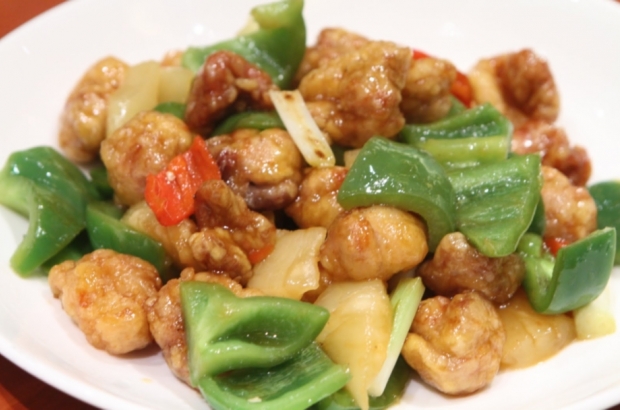- Daily & Weekly newsletters
- Buy & download The Bulletin
- Comment on our articles
Serving temperature affects taste of food, says Belgian academic
A Belgian believes the temperature at which we serve our food affects the way it tastes, writes the Guardian’s Amy Fleming. According to Karel Talavera Pérez, professor of molecular and cellular medicine at the University of Leuven, studies recording the electrical activity of taste nerves demonstrate that "the perception of taste decreases when the temperature rises beyond 35C". With very hot food, he hazards, it is possible that the burning feeling "masks" taste sensations, because it works as an alarm signal to warn us about the danger hurting ourselves. "Perhaps we do taste at such temperatures," he says, "but we don't pay attention to it because we become worried about the burning feeling." In 2005, Talavera Pérez discovered why ice-cream gets sweeter when warmer. Indeed, melted ice-cream is too sickly to drink, whereas when cold, it is pleasantly sweet. Beer, on the other hand, tastes more bitter as it gets warmer. Ham tastes saltier when cold and more savoury when warm. Some of these effects, such as the over-sweet melted ice-cream, occur because the taste receptor TRPM5 (which picks up sweet, bitter and umami tastes) sends a stronger electrical signal to the brain when food is warmer.


















